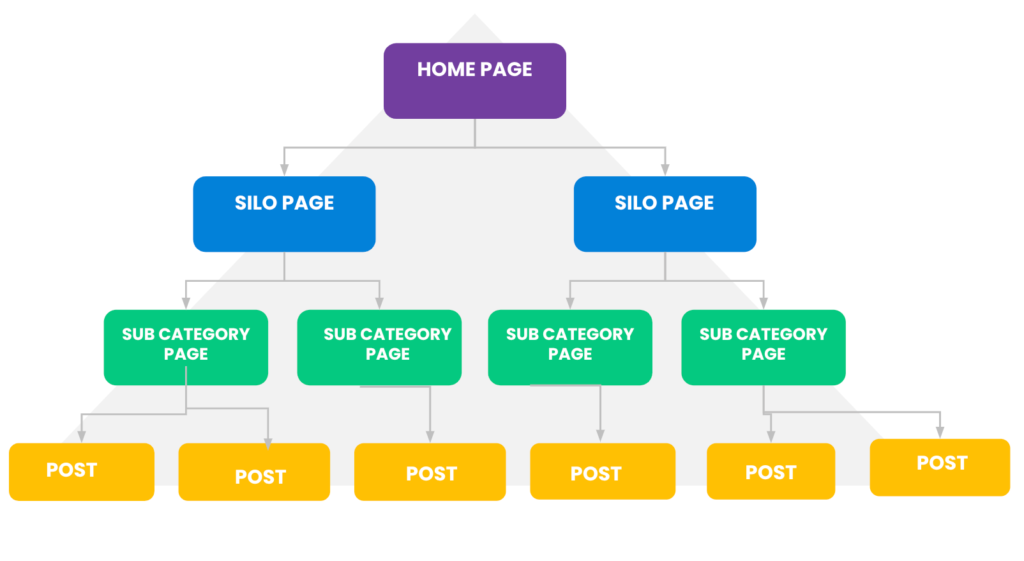
What Are Content Silos and Why Do They Matter for SEO?
In the world of SEO, content silos are a big deal. But what are they, and why do they matter? Content silos are simply groups of related content pages that are linked together. They’re important for SEO because they help you rank individual pages on your site, not just your home page. By creating content silos, you can break your website down into more manageable pieces, making it easier to target specific keywords and rank higher on search engine results pages.

What is the purpose of an SEO silo?
A content silo is a website structure that is used to house a specific group of content. The main purpose of a content silo is to help you organize your website’s content in a way that makes sense to both humans and search engines. By keeping your site’s content organized in this way, you make it easier for both people and search engines to find the information they’re looking for. Additionally, using a content silo can help you rank higher in search engine results pages (SERPs) because it helps you focus on one specific topic or keyword phrase.
What are the benefits of using content silos?
There are many benefits of using a content silo. One is that it can help you organize your content in a way that is easy to understand and use. Another benefit is that it can help you target specific keywords and phrases, which can improve your search engine ranking. Additionally, a content silo can help you create a more effective link-building strategy by helping you focus your links on specific pages or sections of your website. Finally, a content silo can also help you track the performance of your website content more effectively.
How can you create a content silo for your website?
There are several ways to create a content silo for your website. One way is to use the categories and tags that you create in your blog. Make sure that you use specific and targeted keywords when you create your categories and tags. This will help to ensure that your content is categorized and tagged correctly, which will help to improve your site’s search engine ranking.

Another way to create a content silo is by using the URL structure of your website. You can use directories to organize your content by topic, and then use subdirectories to further organize the content within each category. This will help visitors easily find the information they are looking for on your website
A third way to create a content silo is by using internal links. When you write a new article, include links to related articles on your website.
Is an SEO content silo right for your website?
A content silo, or content hierarchy, is a great way to improve the user experience on your website and ensure that your visitors can find the information they are looking for quickly and easily. By creating a structure for your website’s content, you can make it easier for both users and search engines to understand what your site is all about. If you’re not sure if a content silo is right for your website, here are a few things to consider:
1. How well do you know your audience?
2. What are your top priorities?
3. What kind of content do you have?
4. How often do you publish new content?
5. How much time do you have to devote to creating a content silo?
6. Are you comfortable with change?
Conclusion
Content silos are great for SEO. They help you target specific keywords and phrases, which can improve your ranking on search engines. Additionally, content silos make it easier to track the performance of your content and make necessary changes to improve your results. So if you’re looking to boost your SEO, consider using content silos to organize your website’s content.
Confused about content silos, or need a hand with your SEO? The SEO Room is an SEO Agency in Perth that helps businesses grow through holistic SEO Strategies and SEO optimised web design. Contact us today!


